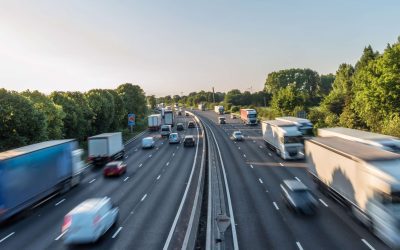As Autumn approaches and many reasons to gather, drink and celebrate come thick and fast, it’s also sadly the time where many will get behind the wheel after having too much to drink, which for some, results in fatalities.
As the leading Motoring Law specialists in Chelmsford we often get asked questions regarding alcohol limits and driving, and below we have answered some of our frequently asked questions. However, we will stress that if you are driving, then no alcohol is always the best and safest option.
What is the drink driving limit?
In England, Northern Ireland and Wales, the legal alcohol limit for drivers is 80 milligrams of alcohol per 100 millilitres of blood, 35 micrograms per 100 millilitres of breath, or 107 milligrams per 100 millilitres of urine.
How does this translate into units?
There is no one-size-fits-all. How much alcohol you can consume safely before driving is determined by many factors such as your weight, age, and sex. However, there are other factors at play, such as how you metabolise alcohol, whether you consumed any food, any medical issues you have, and also the type of alcohol you were consuming.
Measuring units can also be a difficult task. The size of the drink and the drink itself will have varying impacts, for example with wine, there is a small glass (125 mls), a medium glass (175 mls) and a large glass (250 mls), but they also come in different strengths, generally ranging between 11% ABV and 14% ABV.
For this reason, it is difficult to judge how much alcohol is safe to consume and then operate a vehicle. Generally, the best option is to not drink any alcohol if you’re driving.
How long should I wait before driving after drinking?
On average, it takes a human body one hour to process one unit of alcohol, meaning, if you consumed half a pint of beer or lager (4%), you would consume one unit of alcohol and would need to wait at least an hour to be able to drive safely.
However, everyone reacts and processes alcohol differently meaning that there is not a safe set amount of time in which you can assume that you are safe to drive.
What about driving the ‘morning after’?
Many people go to operate their vehicle after a heavy night of drinking and a good sleep, but as mentioned previously, alcohol effects people in many different ways, meaning you could still be over the limit and therefore committing a crime.
Everyone has different timescales in which they process alcohol and generally speaking, it takes longer for the alcohol to pass through the body than you may think. Even if you feel fine, it is not worth the risk.
The Morning After campaign has been operating for a number of years and aims to help people take responsibility and avoid the risk of driving under the influence. They have a calculator to help you calculate when it may be safe for you to drive the morning after drinking alcohol, or even when to stop drinking alcohol if you have to drive the following morning. The calculator can be found here http://morning-after.org.uk/
This website is purely advisory though and cannot be used as a conclusive result. We stress that the safest thing to do if planning on driving is either not to drink, or abstain from driving altogether the day after consuming alcohol.
If you want to find out more about the services we can offer you, or require legal advice about a motoring offence you have received, please feel free to get in touch with our motoring law solicitors in Chelmsford.
Call us
· Main number: 01206 369889
Email us
· Main email: mail@gepp.co.uk
This is not legal advice; it is intended to provide information of general interest about current legal issues.
For further information, please visit
https://www.drinkaware.co.uk/facts/alcohol-and-the-law/drink-driving-and-the-legal-alcohol-limit



